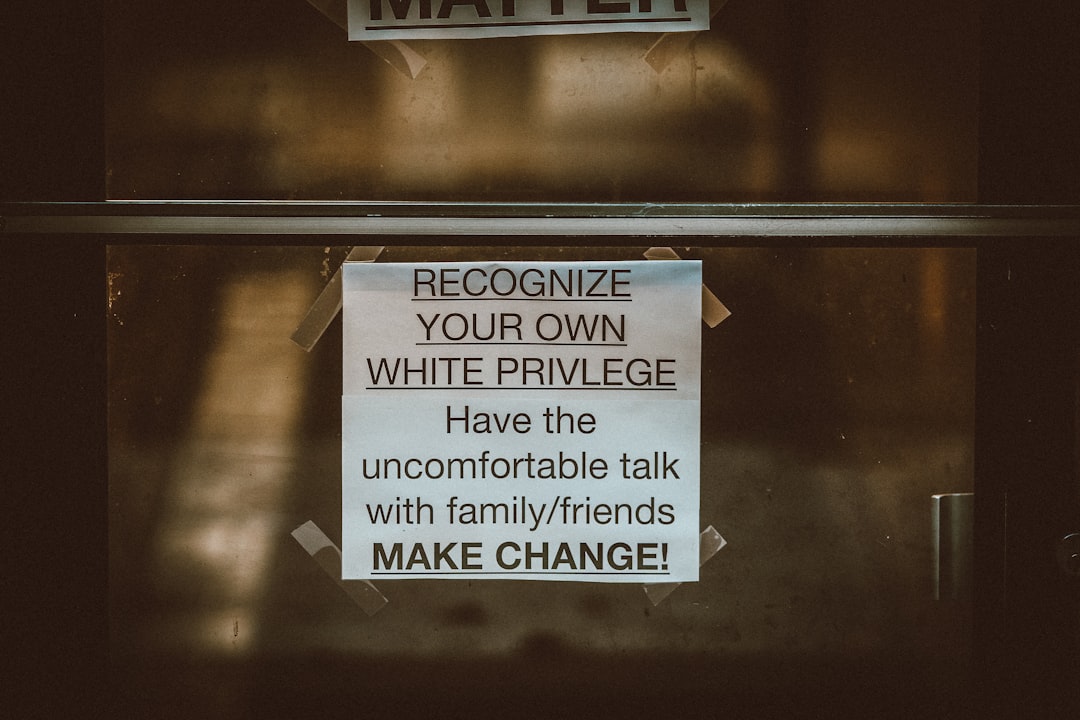
Fairness in Code: Why Discrimination Has No Place in Civic Discourse
In a society that prides itself on progress and inclusivity, the question of fairness in code has never been more paramount. With the rapid advancement of technology, particularly artificial intelligence and algorithms, the potential for discrimination lurks behind every line of code. The notion that discrimination has no place in civic discourse isn’t just a moral stance; it’s a necessity for a fair and just society.
Understanding the Code
Let’s get one thing straight: code is written by humans, and humans are inherently flawed. We bring our biases, our prejudices, and our limited experiences into the digital realm. When algorithms are created, they can unintentionally reflect those biases, leading to discrimination against certain groups. This is not just a theoretical concern; it’s a reality that has been proven time and again. For instance, studies have shown that facial recognition technology is less accurate for people of color and women compared to white males. This isn’t merely a glitch; it’s a systemic issue that affects lives.
The Dangers of Inaction
Ignoring these biases in code can have far-reaching consequences. When algorithms are used in critical areas like hiring, law enforcement, and lending, discriminatory practices can perpetuate inequality. A well-cited example includes the use of predictive policing algorithms, which disproportionately target minority communities, perpetuating a cycle of mistrust and marginalization. If we, as a society, allow this to continue unchecked, we are essentially endorsing a system that discriminates based on race, gender, or socioeconomic status.
The Role of Civic Discourse
Civic discourse is the foundation of a healthy democracy, and it must be free from discrimination. When discussing issues of fairness in technology, we must engage in open and honest dialogue, free from the shackles of bias. This discourse should involve diverse voices, illuminating the various ways technology impacts different communities. The more we listen to these voices, the more informed we become, and the better equipped we are to advocate for equitable solutions.
The Push for Fairness
To combat discrimination in code, we must adopt a proactive approach. This includes stricter regulations on algorithmic accountability and transparency. Companies should be mandated to routinely audit their algorithms for bias, much like how financial institutions are required to assess their lending practices. Additionally, implementing diverse teams in tech development is crucial. When a room full of engineers includes a variety of perspectives, the chances of creating a biased product decrease significantly.
Furthermore, encouraging education around algorithmic literacy is essential. Politicians, educators, and technologists must work together to ensure that everyone understands the implications of the technology we use. Knowledge is power, and empowering citizens with this knowledge can lead to informed discussions and better policy decisions.
Counterarguments and Rebuttals
Critics may argue that focusing on fairness in code is an overreaction or that it stifles innovation. However, it’s important to recognize that innovation does not have to come at the expense of ethics. In fact, the most successful companies often prioritize ethical practices, understanding that a fair and inclusive approach can foster loyalty and trust among consumers. Moreover, ignoring the issue of discrimination in code limits innovation, as it alienates entire segments of the population who may not feel represented or considered in technological developments.
A Call to Action
It’s time for us to take a stand. We cannot afford to let biases in code dictate our future. Fairness in technology is not just a lofty ideal; it’s a necessity for a thriving and equitable society. We must demand accountability from tech companies, engage in meaningful civic discourse, and advocate for policies that prioritize fairness in code.
In conclusion, discrimination has no place in civic discourse, particularly when it comes to technology that shapes our world. As we continue to navigate an increasingly digital landscape, let us remember that fairness is not only a principle we should aspire to; it is a non-negotiable aspect of our shared humanity. Together, we can ensure that our codes reflect the diversity and richness of our society, paving the way for a more inclusive future.


